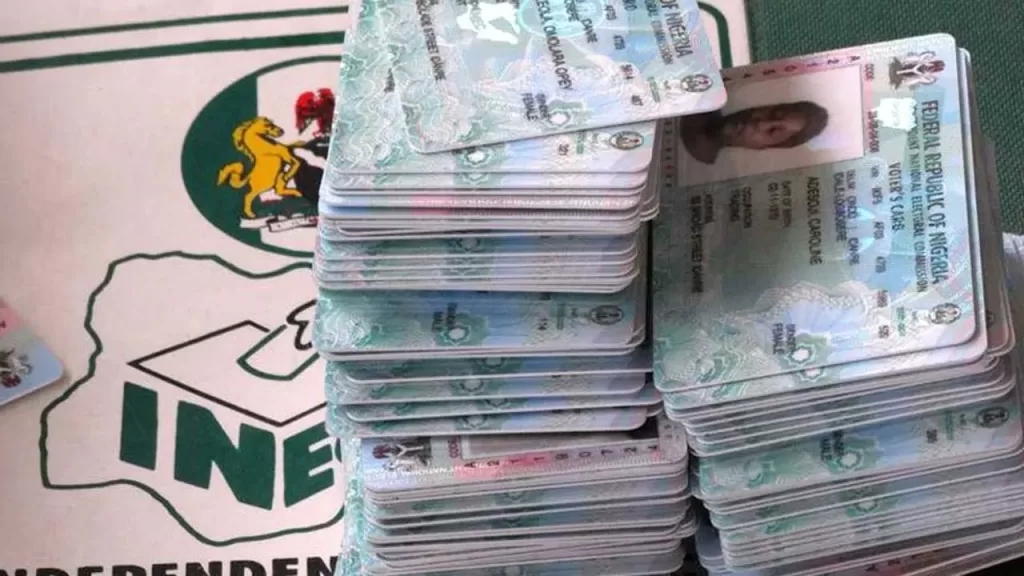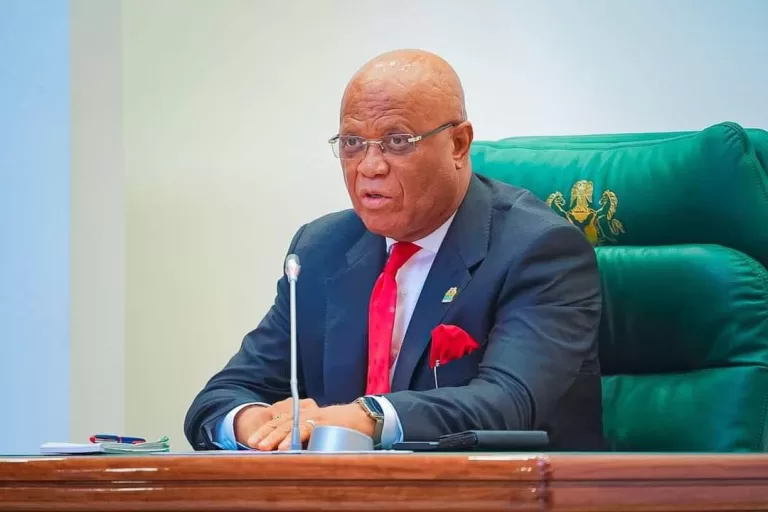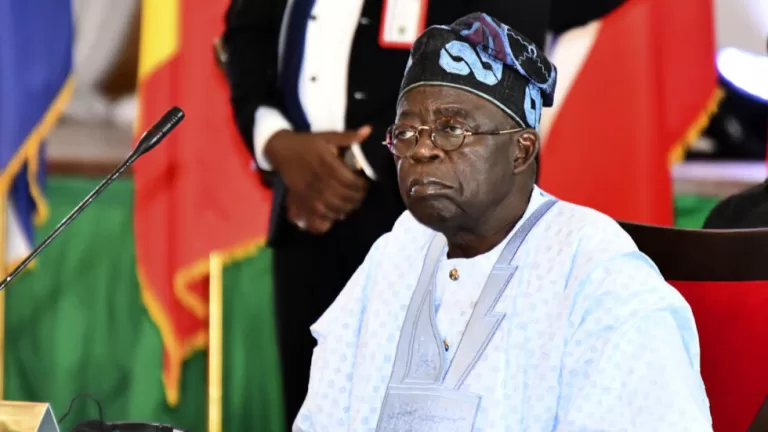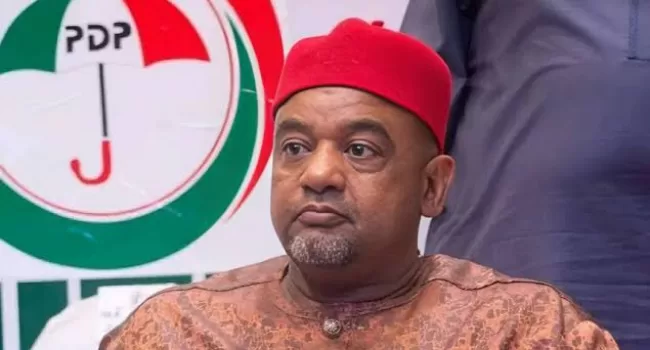
The Independent National Electoral Commission (INEC) has stirred nationwide debate following its proposal to scrap the use of Permanent Voter Cards (PVCs) in the 2027 general elections. Instead, the commission plans to adopt a system that allows registered voters to print a voting slip from its website and verify their identity using biometric data.
According to INEC, this shift is aimed at reducing logistical challenges, curbing vote-buying, and promoting broader participation in the democratic process. The commission says the move would also streamline accreditation and cut down election costs significantly. However, the proposal will require a series of legislative amendments before it can be implemented.
The announcement has ignited intense reactions across the country, with Nigerians divided over the implications.
Critics argue that removing the PVC requirement could further compromise the credibility of Nigeria’s electoral process. “This could open the door for unprecedented rigging,” said one commentator, echoing fears of electoral manipulation. Others see the move as a calculated attempt to entrench political interests under the guise of reform.
Renowned journalist Dele Momodu expressed skepticism: “The game is clear, nothing is new. I won’t be surprised if INEC declares it has joined the APC.”
Peter Obi, speaking at Johns Hopkins University, emphasized the importance of citizen vigilance: “The problem with state capture in Nigeria is the refusal of people to resist it. If we as a people go to INEC and say this vote must count, it will count.”
Supporters of the initiative, however, view it as a progressive step. They argue that the biometric verification system already in place through the Bimodal Voter Accreditation System (BVAS) makes the physical PVC redundant. “What you need is identification, not the hard card,” one supporter said.
Still, public trust in INEC remains low following the controversies of the 2023 elections. Many Nigerians recall delays, failed uploads on the INEC Results Viewing portal (IReV), and contested outcomes—fueling suspicions about the commission’s motives in the proposed reform.
Activist Omoyele Sowore criticized the lack of electoral accountability: “You were never truly asked who should lead. INEC imposed him [Tinubu] on you.”
Online, sentiments have been heated, with some Nigerians fearing that relaxing voter ID requirements could invite foreign interference or voter impersonation. Others warn that a system without PVCs could facilitate mass rigging by political operatives and security actors.
Despite the firestorm of criticism, some civic groups are calling for calm and urging the public to focus on electoral reform, civic education, and technological transparency rather than dismissing the proposal outright.
What is clear is that the battle for 2027 has already begun—and trust in the electoral umpire will be at the heart of it.





